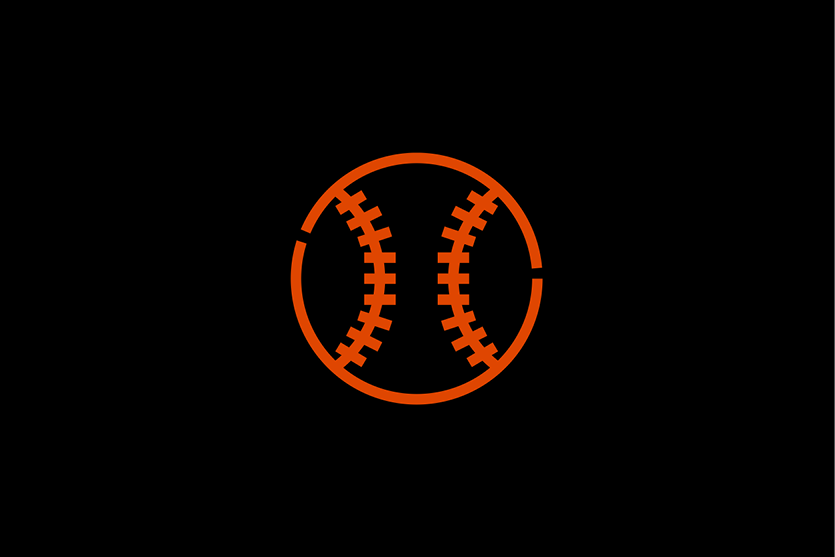This newsletter is devoting several months to an examination of past greatness. It’s focusing on history’s top 50 ballclubs — collectively known as the Best 50 — as determined by my new book, Baseball’s Best (and Worst) Teams. We’ve reached No. 13 on the all-time list, the 1970 Baltimore Orioles.
Here’s a quick boilerplate explanation that I’m appending to every story in this series:
I compiled the Best 50 by analyzing 2,544 major-league teams from 1903 to 2024. Those clubs have been ranked by their team scores (TS), which are plotted on a 100-point scale. (A given club’s all-time percentile is the percentage of the other 2,543 teams that it outperformed.)
See my book for an explanation of my TS calculations. The book also offers separate breakdowns of the best and worst clubs for every decade and franchise, comprehensive profiles of the Best 50 (including position-by-position lineups and much more information than you’ll find in this newsletter), and similar summaries of the 10 worst teams of all time.
Now on to today’s profile.
-
Team: 1970 Baltimore Orioles
-
Team score: 89.271 points
-
All-time rank: 13 of 2,544
-
All-time percentile: 99.53%
-
Season record: 108-54 (.667)
-
Season position: First place in American League East
-
Final status: World champion
The Orioles were a cocky bunch in 1969, bordering on overconfident. They celebrated exuberantly after thrashing Minnesota in the American League Championship Series, seemingly unconcerned about the upcoming World Series against the Mets. Baltimore superstar Frank Robinson jokingly shouted, “Bring on Rod Gaspar,” invoking the name of a light-hitting New York outfielder. The clubhouse roared with laughter.
The Mets, of course, dispatched Baltimore with surprising ease. So Robinson and his fellow Orioles bore down in 1970, determined to erase their embarrassment. They seized first place in the AL East on April 26, and they never relinquished the lead.
Pitching remained the team’s hallmark. Mike Cuellar and Dave McNally tied for the league lead with 24 victories apiece, and Jim Palmer joined them in the 20-win club. Baltimore’s 3.15 was the lowest ERA posted by any team in either league.
The Orioles finished with 108 victories. Nobody would exceed that total until the New York Yankees piled up 114 wins in 1998.
Get the complete lowdown on the 50 greatest (and 10 weakest) clubs of all time
The Orioles swept the Twins in 1970’s American League Championship Series, just as they had in 1969. The results were even more lopsided. The composite score: Baltimore 27, Minnesota 10.
The first two games of the World Series were tight affairs, though the Orioles prevailed in both. They had lost a pair of one-run contests to the Mets in the previous series, but they defeated the Reds, 4-3 and 6-5, in Games One and Two in 1970. A pair of 9-3 victories in Games Three and Five secured the championship.
Baltimore’s third baseman became a national sensation in this series, batting .429 and making several outstanding plays in the field. “Brooks Robinson beat us,” said Cincinnati manager Sparky Anderson.
A new installment will arrive in your email each Tuesday and Friday morning
Eleven big-league pitchers were credited with 20 or more victories in 1970. Three worked for the Orioles: Mike Cuellar, Dave McNally, and Jim Palmer. The other eight were scattered among eight different clubs. Cuellar had picked up a Cy Young Award in 1969, but voters shifted the standings in 1970. McNally finished second to the American League’s winner, Jim Perry of Minnesota. Cuellar placed fourth, Palmer fifth.
The Orioles also featured a strong attack, scoring a league-leading 4.89 runs per game. “Let’s face it,” Palmer said. “With this team, if I go out on the mound 35 times, I’m going to win 20.”
The prominent members of 1970’s batting order were identical to those of 1969. First baseman Boog Powell topped the club with 35 homers and 114 runs batted in, impressive numbers deemed worthy of the AL’s Most Valuable Player Award. “Without him, I regard the Orioles as just another team because you can pitch around Frank Robinson,” said Detroit’s Denny McLain. “With Powell behind him, though, you’ve got to throw strikes.”
Robinson continued to hit those strikes soundly. The right fielder’s .306 batting average was the best among Baltimore’s everyday players. Other key producers in 1970 were third baseman Brooks Robinson with 94 RBIs, left fielder Don Buford with 99 runs scored, and center fielder Paul Blair with 24 stolen bases.
Blair’s accomplishments — including his second straight Gold Glove — were especially noteworthy because he was beaned by a pitch in May, breaking his nose and damaging his left optical bones. Blair shocked teammates by rushing back to the lineup in three weeks — and by hitting slightly better after the injury (.269) than before (.264).
